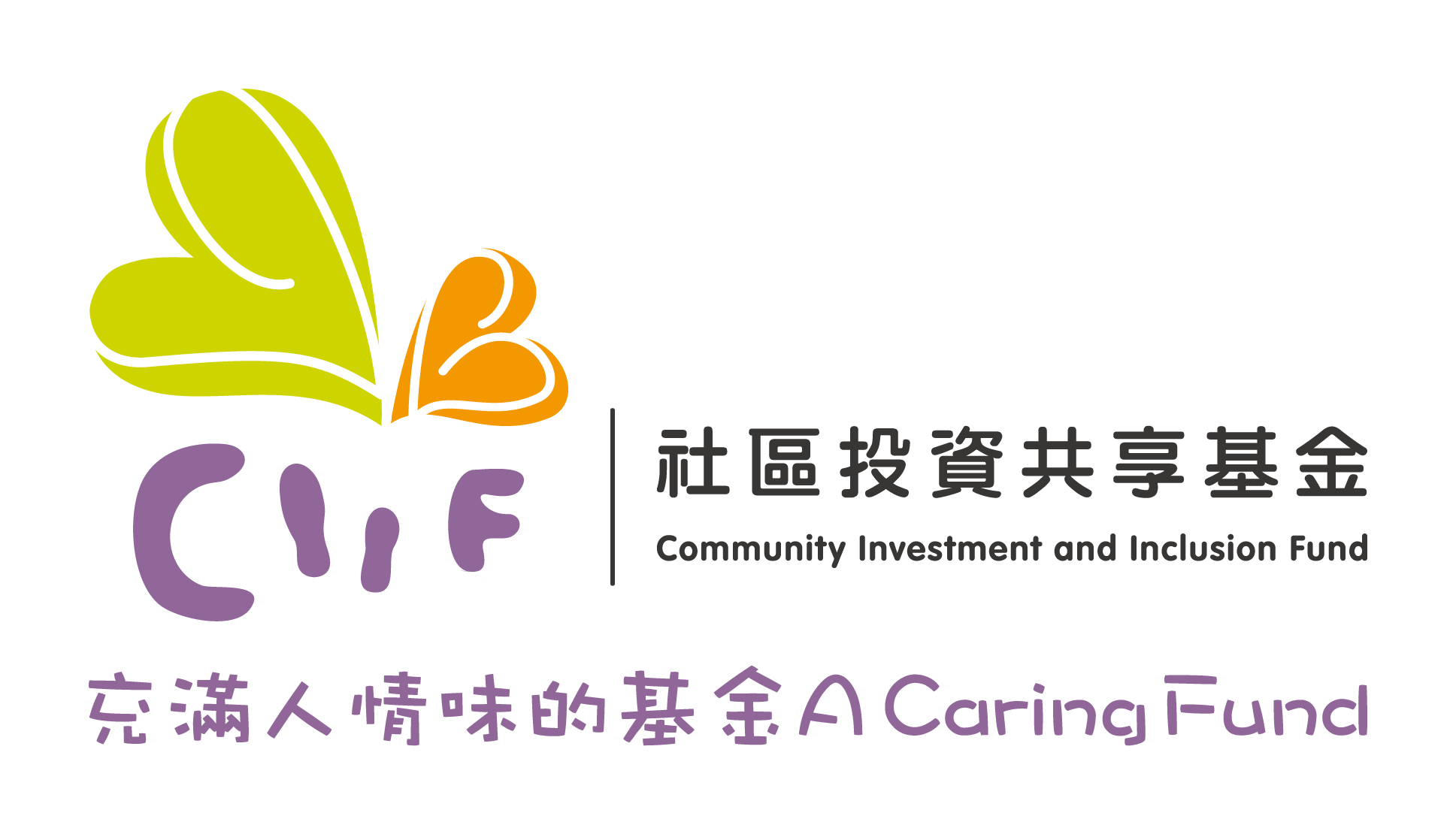Motivate Corporate Volunteers to Build Up Social Capital
To promote corporate participation in building social capital and contributing to the community, the Community Investment and Inclusion Fund (CIIF) launches “Social Capital Corporate Volunteer Challenge”, encouraging enterprises and their staff members to put forth ideas on creative corporate volunteer services that are in line with the concept of social capital. CIIF held the Corporate Social Responsibility Seminar and Briefing Session of “Social Capital Corporate Volunteer Challenge” today (5 February 2015) to introduce the details about the competition.Dr Lam Ching-choi, CIIF Chairman and Dr Ricky Szeto, Convenor of CIIF Brand-building Exercise Steering Group were invited to share how social capital could benefit the community.
Dr Lam Ching-choi said, “Generally speaking, social capital is manifested in mutual help and trust and social solidarity nurtured by the social network established through interaction among individuals. In a community, people from different backgrounds unite, especially during difficult times, to overcome challenges. This spirit of mutual support is an important element of social capital. Companies do not only emphasise business benefits, but also encourage their staff members to contribute to the community with their talents. They also cooperate with non-governmental organisations to help people in need. These are also examples of building social capital.” Dr Lam said that social capital was one of the four main drivers of social development in modern societies with the other three being financial, infrastructure and human capital, and that social capital was essential for the economic prosperity and long-term sustainable development of the society.
With years of experience in promoting corporate social responsibilities, Dr Ricky Szeto said, “Building social capital is an innovative concept of fulfilling corporate social responsibilities. It is more than monetary and material donations and forges long-term partnerships among people from different strata of the community.”
Dr Szeto suggested that companies build social capital in different ways such as offering venues for people in the community to gather so that they could know more about each other; arranging for corporate visits and sharing sessions and providing placement and job opportunities for the underprivileged; encouraging staff members to becomelife mentors to guide youngsters; organising neighbourhood activities to facilitate mutual understanding and support among families with a view to establishing mutual help networks; co-organising activities with non-governmental organisations to understand social needs; sharing business skills and knowledge with social enterprises to enhance their economic benefits, etc. Dr Szeto said, “It would be effective to build social capital by investing in people’s physical, mental and spiritual wellness.”
The Social Capital Corporate Volunteer Challenge is now open for enrolment. Staff members from the commercial sector and chambers are eligible to submit entries individually or in a group. Corporate volunteer teams interested in joining the Challenge may enroll online. The enrolment deadline is 19 March 2015. Submissions will be uploaded onto CIIF Facebook Fan Page for public voting and will also be assessed by an adjudication panel.
 Dr Lam said that social capital was one of the four main drivers of social development in modern societies with the other three being financial, infrastructure and human capital, and that social capital was essential for the economic prosperity and long-term sustainable development of the society. |
 Dr Szeto suggested that companies build social capital in different ways such as offering venues for people in the community to gather . |
 The Social Capital Corporate Volunteer Challenge is now open for enrolment. Staff members from the commercial sector and chambers are eligible to submit entries individually or in a group. |
Ends
February 5, 2014 (Thursday)

